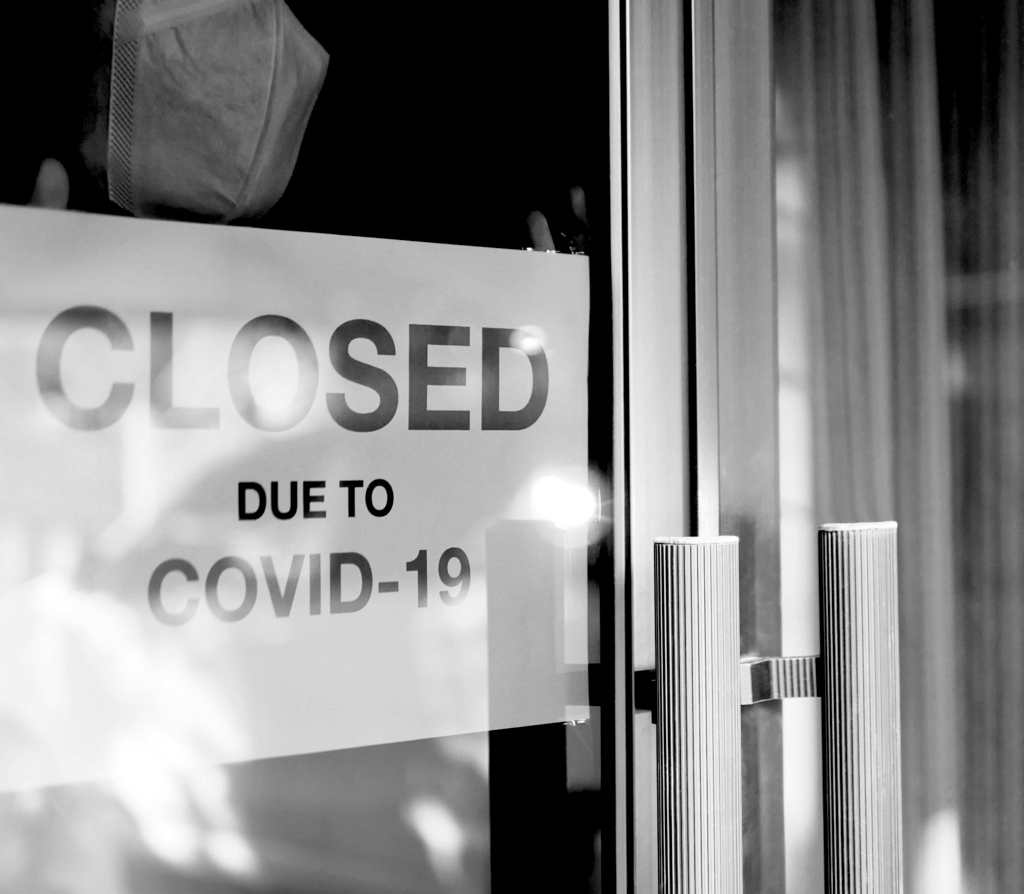As we mark the third anniversary of the first lockdown, let’s step back and review what happened and what lessons can be taken from the world’s response to Covid-19, starting with a quotation from Anne Pitcher, CEO of Selfridges.
“….nobody imagined when we started the year that things would unfold like this and lead us to having to make such momentous decisions…. It is a huge responsibility…the Covid-19 pandemic has forced change and caused us to rethink so many aspects of our lives and, will continue to do so as we adapt and respond to a new and evolving reality.”
Anne Pitcher, CEO Selfridges as she announced mass redundancies. July 2020
The COVID-19 pandemic was a novel event on a global scale, but what has caused its true impact for governments and organisations is the phenomenon of triple novelty.
The problem with large-scale, dangerous novel events is that they can only be judged after they have impacted because the tools and routines used to deal with them are either untested or have only been tested on what are bracketed as similar events. The more the degree of novelty the greater the shock and therefore the harder it becomes to take appropriate actions.
There is a remarkable consistency in the number of catastrophic events (e.g. Challenger, Bhopal, Chernobyl, Boeing 737 Max) when, in retrospect, the inadvertent actions of key actors have made bad situations worse; where leaders faced three (or more) concurrent novel situations for which existing frames of reference did not, in part or whole, apply. In such situations there is often a profound impact due to the limited capacity to adapt and deal with overwhelming change and equivocality.
In the case of COVID-19 the criteria of the ‘triple novelty’ phenomena are met by the following conditions:
- global pandemics are [thankfully] rare
- initially, there was no cure or antidote for COVID-19
- none of the global pandemic contingency strategies (where they existed) envisaged the scale, speed of transmission or impact on international economies
Contingencies rarely work in ‘triple novelty’ situations because contingencies are based on lived experience; the extrapolation of existing data and informed guesswork. Together these create the basis of fragile systems. However, fragile systems breakdown quickly because (even small), unimagined, elements have damaging and disproportionately recursive effects across events that render fragile systems useless.
The lyrics of Meatloaf’s ‘two out of three ain’t bad’ points to the general inference here. Whilst two levels of novelty might not be bad, three most certainly are.
Never let a serious crisis go to waste
The world has started to regain its sense of equilibrium, and life has resumed. The question now becomes
“How do leaders learn to better recognise changing circumstances and take them into account?”
That is, how do they deal with novelty and the surprise of the unexpected, and what impact does this have on their subsequent organising and sensemaking?
A lesson for leaders seeking high reliability of outcome in complex dynamic environments is that too much novelty can lead to an increase, rather than a reduction, in equivocality and may lead to making mistakes rather than reducing them. This highlights the need for careful appreciation of lessons learnt from crises and how their implementation may then alter the ability of the organisation to make collective sense of what is going on and what should be done next.
If leaders have the aptitude, skill and time to develop a plausible hypothesis about important emergent issues they still need to ensure that the rapid surfacing of early warnings is unencumbered by hierarchy and organisational politicking. This includes framing the voices of far-flung dissidents, experts and the quietly spoken into collective meaning that might otherwise be overlooked. They need to get to the uncomfortable truths both quickly and verifiably with just enough evidence so that common-sense-making is not mistaken for errant nonsense!
A last [metaphoric] ‘takeaway’
Unless by virtue of severity or desperation, if we meet a surgeon, who informs us of a rare condition, treatable with a pioneering procedure, to be performed by a new surgical team, most might question the wisdom and reliability of such triple novelty (especially when our own health is on the line!). In routine organisational life options are rarely so clearly delineated, more frequently decision-making is emergent, fragmented and prone to operational drift. Which is why the presence of triple novelty in our systems and processes may go unnoticed and unchallenged; ‘if it ain’t broke don’t fix it’. But this is a false aphorism, and why curious leaders will be better guided if they consider:
‘if it ain’t broke fix it, it might be the only time you have!’

